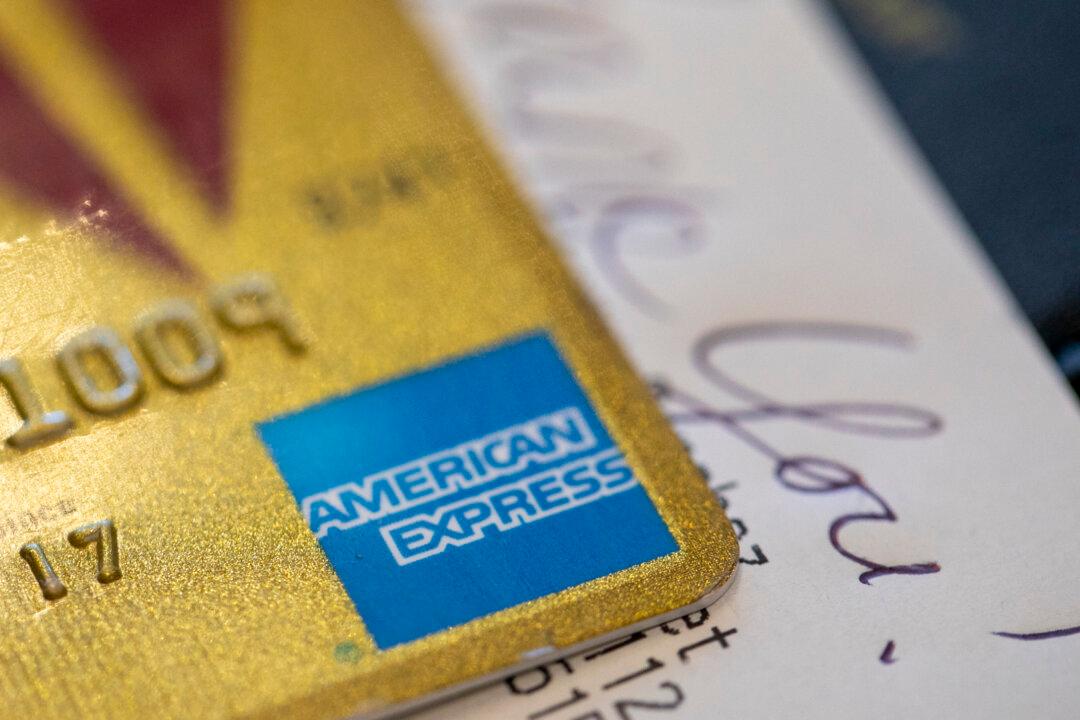The credit/debit card details of over 1.2 million people worldwide have been leaked onto a dark web site called BidenCash.
Cyble, a global threat intelligence provider, found that the leaked database contains information including card numbers, expiry dates, CVV numbers, and emails of consumers across the globe, including the United States and Australia.





